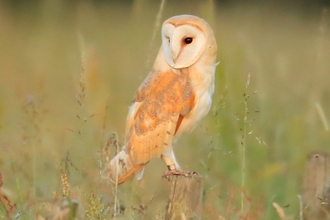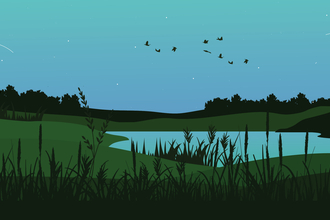COP26 ended, not with a cheer but with a tear. The summit president Alok Sharma sat slumped at the podium, struggling to hold back the emotions as two weeks of late night, coffee fueled negotiations ended in a frank apology from Sharma for what he tentatively called a ‘fragile victory’. Tense standoffs about the future of climate-killing coal led to a watering down of ambitions that will see global carbon emissions continue to rise for years to come, precisely at a time when emissions must fall if we are to have a clear hope of limiting global temperature rise to 1.5oC1. COP26 wasn’t ‘the big moment’ we had been waiting for, but another necessary step on a difficult uphill path.
It is tempting to let frustration turn to apathy but there is too much at stake to allow ourselves that luxury. Despite the obvious shortcomings there are three big reasons why COP26 still gave us hope!
1 – Nature’s role in tackling the climate crisis has never been this prominent before
We can take heart that nature finally began to have the spotlight in these climate discussions that it rightly deserves. The climate crisis was never solely about our carbon emissions but also our relationship with land use and the way we degrade land and ocean habitats that have safely locked away carbon for centuries. Deforestation was at the heart of negotiations and Boris Johnson was correct, when he said that, ‘’These great teeming ecosystems—these pillared cathedrals of nature—are the lungs of our planet.’’ But it isn’t just forests, all habitats, including our wetlands, seagrass meadows and peatlands all play a fundamental role in storing carbon long-term.
This new focus has led to a global pledge to end deforestation by 20302 and nine billion dollars to promote sustainable land use2. It is just the beginning of a conversation about climate and nature which treats both crises as linked and equally important to a sustainable future. We look forward to the Convention on Biodiversity’s COP15 early next year which will build on COP26’s successes and failures to ensure that 30% of land and sea is protected for nature by 2030.
But fundamentally if we fail to drastically reduce emissions, species will vanish, and extinction will be just one example of irrecoverable loss at the hands of the climate crisis.



